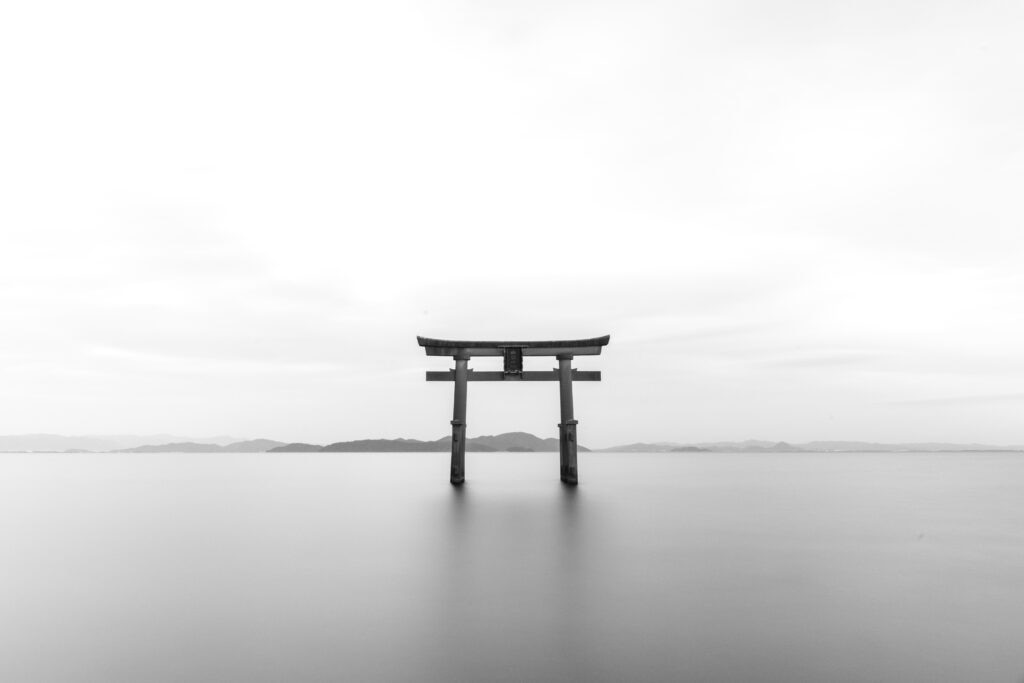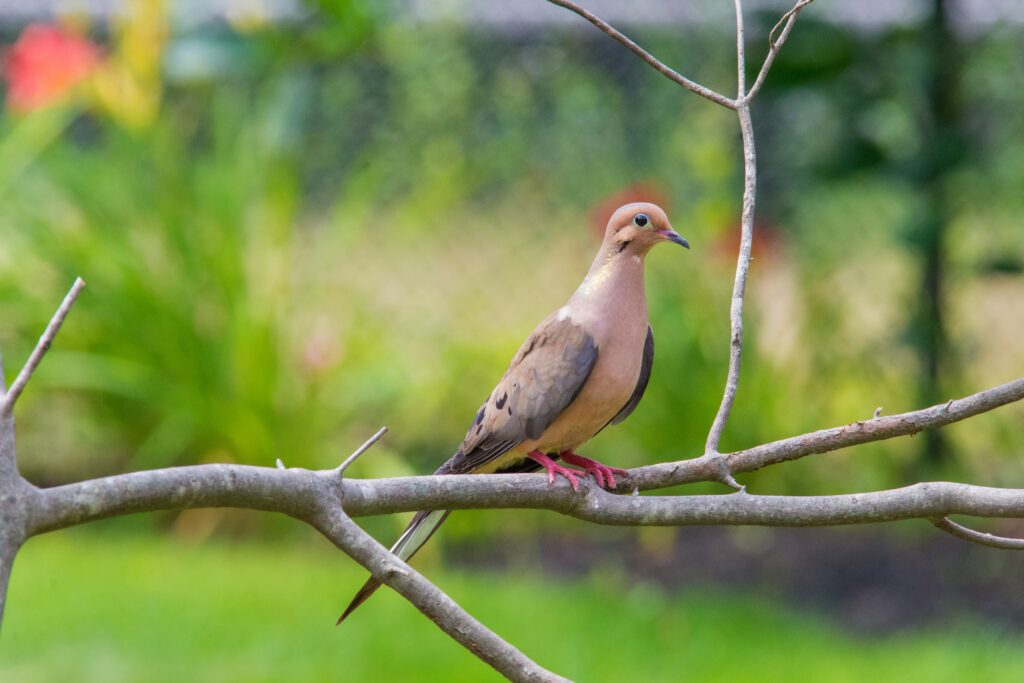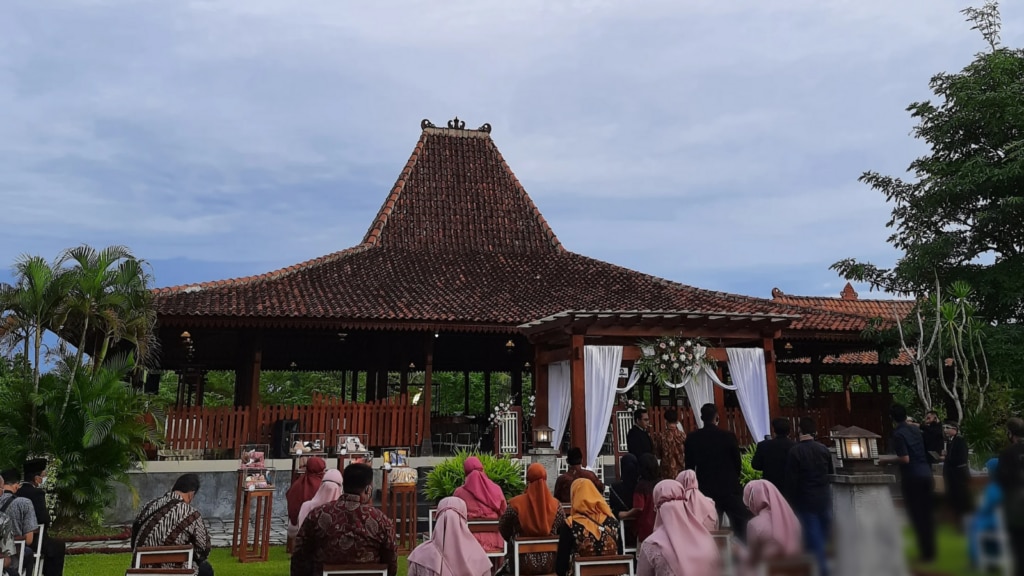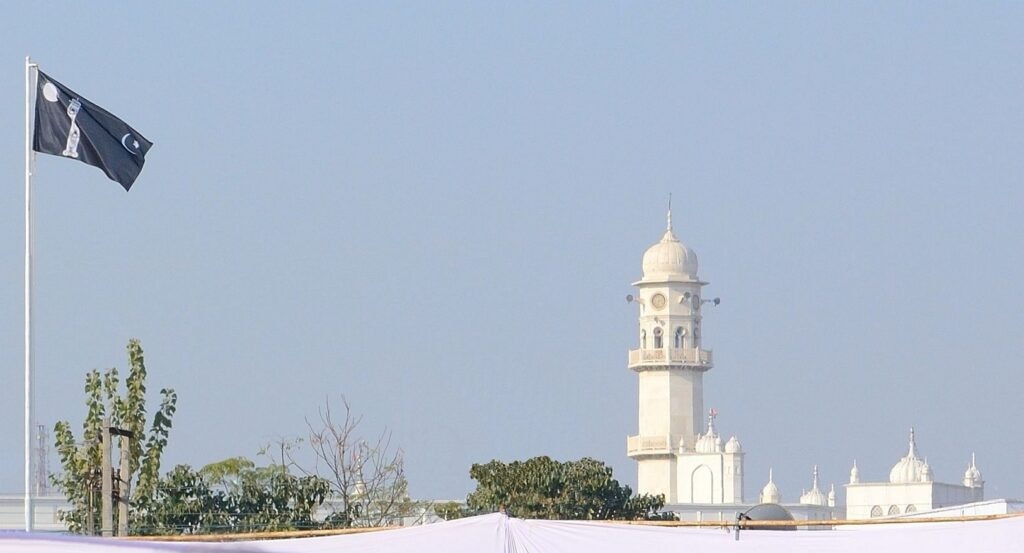Guidance regarding basic Islamic issues – which Hazrat Amirul Momineen, Khalifatul Masih Vaa has given on various occasions in his written correspondence and during MTA programmes – is being officially published below for everyone’s benefit.
Cremation due to lack of burial space

A missionary from Japan wrote to Hazrat Amirul Momineen, Khalifatul Masih Vaa that people in Japan preferred to cremate bodies instead of burying them, due to the scarcity of land and people turning away from religion, as well as a past epidemic being linked to burying dead bodies. He asked, how one could admonish them in this regard.
Huzoor-e-Anwaraa, in his letter dated 29 October 2021, provided the following guidance regarding this issue:
“The fact of the matter is that Allah has imbued respect for the dead in human nature. Hence, those who bury their dead do so because they do not wish them to be desecrated. Likewise, those who cremate their dead or feed them to animals also do so with the intention of preventing their dead bodies from rotting. In their view, it is respect for the dead that requires cremation or feeding the bodies to animals. Anyhow, it is not only the followers of religion who respect their dead, but even those who do not follow any particular religion are compelled to do so because of a natural human instinct.
“Islam is a religion that is in perfect harmony with nature. It teaches that the dead should be buried. Hence, in the story of the two sons of Adam mentioned in the Holy Quran, Allah sent a raven to teach Adam’s son how to bury his deceased brother’s body.
“The interment of the dead, as performed according to Islamic teachings, does not involve any kind of shirk [associating partners with God] or worship of those being buried. It is done only so that the dead body of a human being may be treated with befitting honour and respect and so that the bereaved, as far as circumstances allow, may visit the grave and pray to Allah the Exalted for the deceased.
“As for the fear of spreading some disease by burying dead bodies, this is a false assumption because Allah the Exalted has placed such properties in soil that the human body gradually disintegrates and becomes part of that soil.
“So, when the next generation comes, with the passage of time, many people from that new generation forget their ancestors and gradually the names and marks of many graves are erased from the ground, and new graves are prepared in their place. There are many cemeteries in the world in which the dead have been buried over the centuries and many old graves have been replaced by new ones. The same practice has also been employed in Jannat al-Baqi‘, the famous cemetery of Medina. Therefore, the argument of land depletion is not a strong argument against the practice of burying the dead.
“Hazrat Musleh-e-Maudra has described the various aspects of the funeral practices prevalent in different religions and societies – including cremating or feeding them to animals – in great detail in his books Tafsir-e-Kabir and Sayr-e-Ruhani. (See Tafsir-e-Kabir, Vol. 8, pp. 179-180 and Sair-e-Ruhani, No. 3, Anwar-ul-Ulum, Vol. 16, pp. 317-322)”
A widow attending her son’s wedding during the ‘iddah period

Hazrat Amirul Momineen, Khalifatul Masih Vaa, examined some of the fatwas issued by Dar-ul-Ifta Rabwah regarding the participation of a widow in her son’s wedding during the ‘iddah period, a wali’s permission for the marriage of a widow or a divorced woman, and also the method of citation used in those fatwas.
Huzoor-e-Anwaraa then issued the following guidance regarding these issues in his letter dated 29 October 2021:
“Among the fatwas issued by Nizamat Dar-ul-Ifta, you have also issued the following fatwa regarding someone’s wedding ceremony, taking place during his mother’s ‘iddah period after she became a widow:
“‘Mourning and attending a son’s wedding ceremony are two conflicting matters. In the case of your wedding ceremony, your mother could not spend her ‘iddah as a widow in a state of mourning. Hence, you should plan your wedding to take place after the completion of your mother’s ‘iddah.’ (Fatwa No. 13/11.09.2021)
“In my view, this fatwa of yours is not correct. In ahadith, only widows have been ordered to spend four months and ten days in ‘iddah. However, with your fatwa, you are obliging others to join the widow in mourning and to postpone their essential tasks until the completion of her ‘iddah period.
“My daughter’s wedding ceremony also took place when my mother was going through her ‘iddah. After the demise of Hazrat Sahibzada Mirza Mansoor Ahmad, my beloved mother wrote to Hazrat Khalifatul Masih IVrh for guidance and Huzoorrh instructed for the wedding ceremony to go ahead on the appointed date and said that it was forbidden to go out of the house during the ‘iddah period, but it was not forbidden to participate in a simple manner in a wedding ceremony being held at one’s own house. That is why we made arrangements for the ladies in the verandah and courtyard of the house and Ummi, as per Huzoor’srh instructions, also joined this ceremony at home in a simple manner.
“Hence, if people choose to postpone such a wedding ceremony of their own accord, it is their personal decision, but it would not be appropriate for you to issue a fatwa prohibiting them from doing so.”
Wali of a widow or a divorcee

“Similarly, you have also issued a fatwa upon someone’s inquiry regarding marrying a widow or a divorced woman without the permission of her wali, with reference to my sermon of Friday, 24 December 2004. If you have inferred from it that widows and divorced women absolutely did not need the permission of the wali for their marriage, then this is not a correct conclusion. That is because a maiden, a widow or a divorcee each needs the permission of the wali for her marriage, and on the occasion of her nikah, her wali is the one who makes the declaration [ijab-o-qubul].
“The sayings of the Holy Prophetsa and the established practice of the Rightly-Guided Caliphsra prove that every woman, whether she is a maiden, a widow or a divorcee, needs the consent of her wali for her nikah. This position is also supported by the sayings of the Promised Messiahas and his successors. Hence, Huzooras states, ‘Islam did not approve that a woman should marry someone without the agency of a wali, who may be her father, brother or some other relative.” (Chashma-e-Ma‘rifat, Ruhani Khazain, Vol. 23, p. 289)
“Hazrat Khalifatul Masih Ira has narrated a personal incident related to this issue in Mirqat al-Yaqin fi Hayati Nuriddin, the summary of which is that once he accepted the fatwa of some scholars (namely Syed Nazeer Husain Dehlawi and Shaykh Muhammad Hussain Batalvi) and intended to marry a widow without the consent of her wali, thinking that the following hadith was doubtful: لَا نِكَاحَ إِلَّا بِوَلِيٍّ [‘There is no nikah without a wali.’ (Mishkat al-Masabih, Kitab an-nikah, Bab al-waliyyi fi n-nikahi wa s-ti’zani l-mar’ah, al-Fasl II)]. Then, in a dream, Allah the Exalted showed him the Holy Prophetsa twice in a somewhat displeased state and he understood this dream to mean that he should not pay attention to the fatwas of these jurists. Huzoorra states that, ‘I said to myself at once that even if the whole world were to consider this hadith weak, even then I would consider it authentic.’ (Mirqat al-Yaqin fi Hayati Nuriddin, pp. 158-160)
“Hazrat Musleh-e-Maudra states, ‘A woman came to Allah’s Messengersa to have her nikah performed [to someone], and he appointed her son, who was probably ten or eleven years old, as her wali. This proves that only men are to be walis. Since this woman had no other male wali, the Holy Prophetsa thought it necessary to ask this boy.’ (Daily Al Fazl, Qadian, No. 143, Vol. 26, 25 June 1938, p. 4)
“However, as I mentioned in my aforementioned Friday sermon, a widow or a divorced woman has a greater right than her wali to decide about herself as compared to a maiden. What I meant by that was that if a widow or a divorced woman wants to get married to someone, the wali should not stop her unnecessarily, but should respect her will and marry her according to her wishes.”
Book: Fiqh-e-Ahmadiyya
“On page three of a fatwa under the reference number 20/27.09.2021, you have cited Al Fazl of 16 August 1948 as quoted in the book Fiqh-e-Ahmadiyya (Ibadat). Firstly, this reference is incorrect. Secondly, if the original source is available, the reference should be given from that original source.
“I had someone look up this reference. The quote mentioned in your fatwa is from the Friday sermon of Hazrat Musleh-e-Maudra, delivered on 6 August 1948, which was published on pages 2 to 4 of the Daily Al Fazl Rabwah of 8 March 1961.
“The book Fiqh-e-Ahmadiyya contains many such errors, which need to be corrected. Direct the attention of Tadwin-e-Fiqh Kameti [the committee tasked to compile fiqh matters] to complete its revision work as soon as possible.”
Nubuwwat and mujaddidiyyat

Someone from an Arab country claimed to be a prophet (nabi) and reformer (mujaddid). An Arab Ahmadi wrote a refutation of his claims. Some Ahmadi scholars from Rabwah, Pakistan, commented on his refutation. The person in charge of the Arabic Desk (UK) wrote to Hazrat Amirul Momineen, Khalifatul Masih Vaa, to seek guidance in this regard.
Huzoor-e-Anwaraa, in his letter dated 6 November 2021, provided the following guidance regarding this issue:
“The sending of a prophet or a reformer by Allah the Exalted to guide and reform the world is such a blessing, that it has no substitute in the world. Whenever Allah the Exalted felt the need to send a prophet or a reformer for the guidance of the world, out of mercy for humanity, He sent a prophet or a reformer to guide the world. This attribute of Allah the Exalted is ever-present and eternal and no human has the right to declare this sunnah [practice] of Allah the Exalted to be suspended, because there is no textual basis for this in the Quran or the sunnah [of the Holy Prophetsa]. In what way God’s sunnah will be manifested in the future, only God knows best. However, in the Holy Quran, the ahadith of the Holy Prophetsa and the scriptures of the previous prophets, after the Holy Prophetsa, we only find the glad tiding of one jariullah fi hulali l-anbiya’ [‘Champion of Allah in the mantle of the Prophets.’].
“Our lord and master, the Holy Prophet Muhammad, the chosen one, peace be upon him, has also given the glad tidings of the establishment of a caliphate on the precepts of prophethood [Khilafah ‘ala Minhaj an-Nubuwwah] twice in his ummah. He said that this blessing would be lifted after having been established for the first time, but after giving the glad tidings of this blessing’s re-establishment for the second time, he kept silent. It can be deduced from this, that this blessing shall then last until the Day of Resurrection. (Musnad Ahmad ibn Hanbal, Vol. 6, Musnad Nu‘man ibn Bashir, Hadith 18596, Beirut: ‘Alam Al Kotob, 1998, p. 285)
“Moreover, the Promised Messiahas, the most ardent devotee of the Holy Prophetsa and the Just Arbiter [Hakam ‘Adl] of the current age, on the one hand, declared himself Khatam as-Khulafa’ as per the the glad tiding he received from God Almighty and denied the coming of another Messiah after him. On the other hand, he has also mentioned the possibility of the appearance of thousands of the likes of the Messiah [mathil-e-masih] after him. He also argued from various verses of the Holy Quran, the ahadith of the Holy Prophetsa and the history of other religions, that the lifespan of the human race was seven thousand years; the Holy Prophet Muhammadsa was sent in the fifth millennium and we were passing through the seventh millennium of this dispensation. Hence, Huzooras states:
“‘We are now at the head of the seventh millennium and there is no room for any other Messiah to come after this, because there are only seven millennia that have all been divided into good and evil.’ (Lecture Lahore, Ruhani Khazain, Vol. 20, p. 186)
He further states:
“‘Since it is the last millennium, it was inevitable that the Imam of the Latter Days should be born at the turn of this millennium. After him, there is no Imam and no Messiah except the one who comes in his image, for in this millennium the world comes to an end, as all the Prophetsas have testified. This Imam, whom God has designated as the Promised Messiah, is the mujaddid [reformer] of this century as well as of the last millennium.’ (Lecture Sialkot, Ruhani Khazain, Vol. 20, p. 208)
“The Promised Messiahas is also the mujaddid [reformer] of the final millennium, one meaning of which is that his successors who were to appear as part of the caliphate established through him on the precepts of prophethood [Khilafah ‘ala Minhaj an-Nubuwwah], as per the glad tidings of the Holy Prophetsa, were also to be mujaddids of their respective eras, owing to the blessings of their following and complete obedience to the Promised Messiahas. Hence, it is impossible for a mujaddid to still; appear, who does not completely follow and obey him. Discussing the possibility of the coming of a mathil-e-masih after him, the Promised Messiahas states:
“‘We also want to make it clear that we do not deny that someone else may appear as the like [mathil] of the Messiah after us, because the likes of the prophets always appear in the world. Rather, God Almighty has already revealed to me by way of a categorical and certain prophecy that an individual shall be born from my progeny who shall resemble the Messiah in many ways, he shall descend from heaven and shall make the path of the people of the earth straight and shall grant release to those held in bondage and shall free those who are shackled by the chains of various doubts.’ (Izala-e-Auham, Ruhani Khazain, Vol. 3, pp. 179-180)
“He further states in this regard:
“‘I have only claimed to be the likeness [mathil] of the Messiah and I also do not claim that being only a mathil had ended with me. Rather, it is possible that ten thousand more mathil of the Messiah may appear like me. Nevertheless, I am the mathil of the Messiah for this age and waiting for another one is futile. And let it also be clear that this is not merely my idea that there can be many mathil-e-masih; rather, the same can be inferred from the ahadith of the Holy Prophetsa.’ (Izala-e-Auham, Ruhani Khazain, Vol. 3, p. 197)
“In another place, while elucidating this subject, the Promised Messiahsa states:
“‘This humble one also does not claim that messiahship has ended with me and that no messiah shall come in the future. Nay, I believe and I say repeatedly that, let alone one, more than ten thousand messiahs can come.’ (Izala-e-Auham, Ruhani Khazain, Vol. 3, p. 251)
“He further states:
“‘Jesusas son of Mary reached the age of 120 years when he died and joined his Creator. There in heaven, he stays in the company of John [the Baptist] because both had similar experiences. There is not the least doubt that he was an extremely righteous man and a prophet of God. However, to call him ‘god’ is tantamount to disbelief. Hundreds of thousands of people like him have passed away and will come in the future and God is never tired of exalting righteous people in the past or in the future.’ (Tazkirat-ush-Shahadatain, Ruhani Khazain, Vol. 20, p. 29)
“Thus, this is the last millennium of that dispensation during which God sent the spiritual son and the most ardent devotee of the Holy Prophetsa, in exact accordance with his prophecies as the Promised Messiah and the Khatam al-Khulafa’. It can be deduced from the prophecies of the Holy Prophetsa and the sayings of the Promised Messiahas that, by the grace of Allah the Exalted, since this is the era of the Islamic Ahmadiyya Caliphate, established through the Promised Messiahas in the last millennium, therefore, if ever there is a need for a reformer for the reformation of the world, Allah the Exalted will raise someone from among the followers of the Promised Messiahas for that reformation, who will be the Khalifa of the time and will also be granted the status of his like [mathil] and a reformer [musleh] in addition to being a caliph, as Allah the Exalted conferred this status on Hazrat Musleh-e-Maudra in exact accordance with the glad tidings given to the Promised Messiahas. Hence, while elucidating the status of that promised caliphate, Hazrat Musleh-e-Maudra states:
“Moreover, it is not just a question of any caliphate, but a question of a promised caliphate. It is a question of a caliphate established by divine inspiration and revelation. One kind of caliphate is when God Almighty causes people to elect a caliph and then He endorses him, but this one is not only such a caliphate. That is, I am not only a caliph because, on the day after the demise of Hazrat Khalifah Ira, the members of the Ahmadiyya Community gathered together and agreed on my caliphate, rather, I am also a caliph, because, even before the caliphate of Khalifa Ira, the Promised Messiahas had also said, on the authority of divine inspiration [ilham], that I would become a caliph. Thus, I am not just a caliph but a promised caliph. I am not an appointee [ma’mur] but my voice is the voice of God Almighty because God Almighty gave this news through the Promised Messiahas. In other words, the position of my caliphate is between Ma’muriyyat and Khilafat. This is not an opportunity for the Ahmadiyya Community to let go and still be exonerated by God. Just as it is true that prophets do not appear every day, so it is also true that promised caliphs do not appear every day.’ (“Report Majlis-e-Mushawarat 1936” in Khitabat-e-Shura, Vol. 2, p. 18)”
(Compiled by Zaheer Ahmad Khan, Head of Records Department, Private Secretariat, London. Translated by Al Hakam.)

